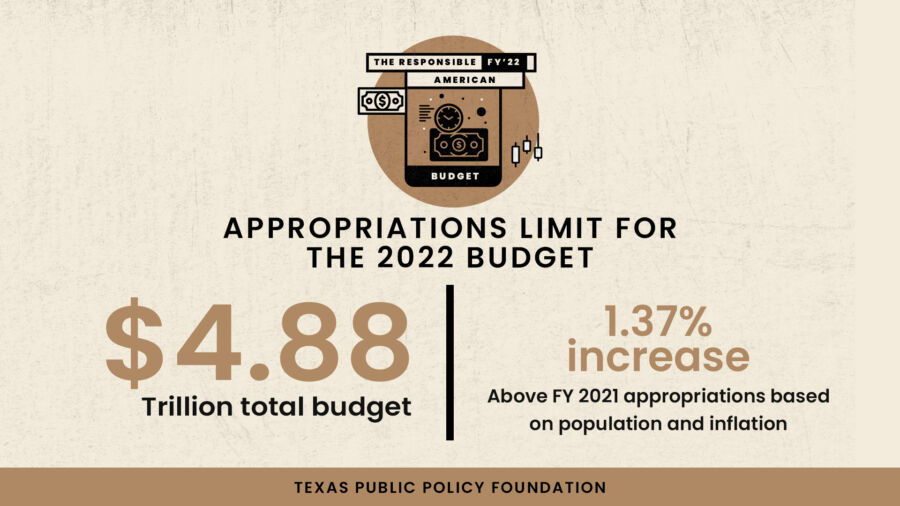|
Irresponsible government spending damages the productive private sector through redistribution of resources, higher taxes, higher price inflation, and higher interest rates, reducing Americans’ real incomes, job opportunities, and prosperity. While there have been multiple attempts to reduce the excessive growth of federal spending in the U.S., these attempts have had limited success, if any, as noted by the $28 trillion—and quickly rising—national debt and its $350 billion—and skyrocketing—interest payments. There is debate about whether deficits matter, and these days many from across the political spectrum suggest that they do not; they are partially correct. The part of fiscal policy that matters to our daily lives is government spending, which is the fundamental source of higher taxes, more regulations, higher debt, and more crowding out of the productive private sector. Given these challenges, the time is now to address excessive government spending, and we need to promote sound fiscal rules that make the budget tangible for Americans to understand and to hold elected officials accountable for excessive spending. A bold way to do this is provided by the Responsible American Budget. Originally published at TPPF. The Responsible American Budget has received high praise from members of Congress, top economists, state policymakers, and experts from across the country:
1 Comment
7/23/2024 04:07:27 am
I found so many interesting stuff in your blog especially its discussion. Really its great article. Keep it up.
Reply
Leave a Reply. |
Vance Ginn, Ph.D.
|


 RSS Feed
RSS Feed